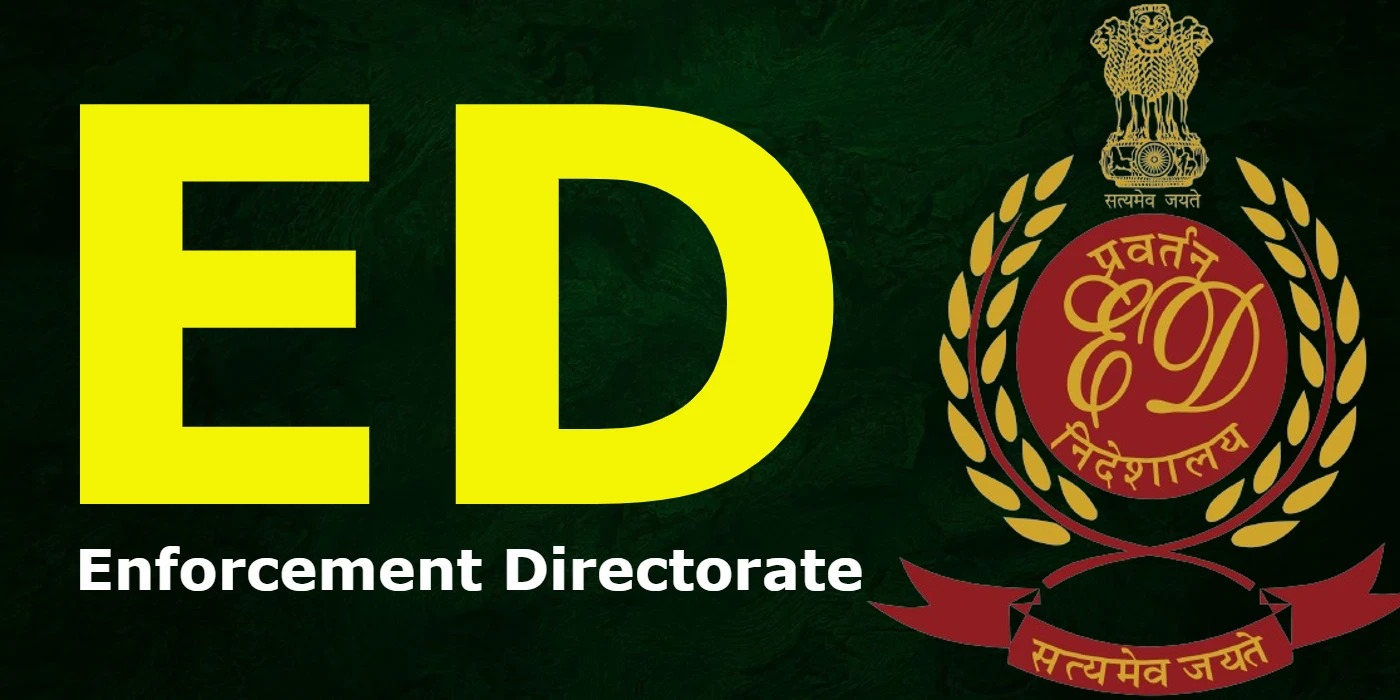@JUDGMENTTAG-ORDER
R. Sudhakar, J.@mdashThis writ petition is filed seeking issuance of a writ of Certiorarified Mandamus to call for the entire records pursuant to the interim direction issued to the 6th respondent dated 2.8.2013 made in O.A. No. 131 of 2013 pending on the file of the 5th respondent, to quash the same and to remand the case to the 5th respondent to pass orders by following due process of law after hearing the side of the petitioner company. The first defendant in O.A. No. 131 of 2013 is the petitioner herein. The first respondent/bank had sought for recovery of Rs. 14,48,66,920/- in the Original Application. Pending the Original Application, based on certain documents submitted by the first respondent/bank and also taking note of the interim relief sought for in paragraph (9) of the Original Application, namely to attach the receivables of the petitioner herein that are due and liable to be paid by the sixth respondent/Southern Railway, Chennai, the following interim order was passed by the Tribunal:
The case was mentioned today by applicant''s counsel seeking interim directions in respect of receivables by D1 from GM, Southern Railway, Chennai. Counsel for the appellant bank referred to page no. 463, 464, 481 wherein the defendant addressed a letter to the applicant bank informing that the entire working capital and liquid cash has been blocked in the Railway works and they have to receive Rs. 15.16 Crores towards SD, PBG and the final bill and also a further sum of Rs. 19.57 Crores is also pending from the Railways towards incomplete works. Present OA is filed for recovery of a sum of Rs. 14,48,66,920/- and the applicant apprehends that the value of schedule A, B and C are too low when compared to the OA claim and as such seeking a garnishee order to be issued against the General Manager, Southern Railway, Chennai 600 003, to deposit all the sums that are due and liable to be paid by them to the first defendant pending towards SD, PBG and final bill, without releasing the same to the defendant directly unless a specific direction is given by this Tribunal (Pg 481). Upon hearing the arguments of the bank''s counsel this Tribunal is satisfied that unless a direction is given to the said General Manager, Southern Railway, Park Town, Chennai restraining them to make any payments directly to the defendants, the interest of the applicant bank will be jeopardised. Accordingly, Registry is directed to issue notice to General Manager, Southern Railway Park Town, Chennai not to release any payment with out any further direction from this Tribunal to the first defendant. Applicant bank to provide necessary details to the Registry. In the meantime applicant bank is directed to issue necessary notice to the General Manager, Southern Railway, Park Town, Chennai and also bring them as a garnishee. The matter is posted before Registrar''s court on 13.9.2013.
By the said order, the Tribunal directed the sixth respondent not to release any payment to the petitioner herein without any further direction from it. Aggrieved thereby, the present writ petition has been filed.
2.1. It is the case of the petitioner that no notice in the Original Application has been issued to them even after the ex parte interim order was passed by the Tribunal and, therefore, great prejudice is caused to them, as the entire amount due and payable by the sixth respondent to the petitioner in respect of all contracts is being blocked by the garnishee order.
2.2. According to the petitioner, the Hypothecation Agreement dated 11.8.2010 coupled with the Power of Attorney dated 11.8.2010 restricted the mortgage to only certain projects and not the entire amount due from the sixth respondent to the petitioner in respect of divers other projects and, therefore, the first respondent/bank is entitled to recover amount only in respect of those projects specified in agreement and not the entire amount due from the sixth respondent to the petitioner.
3. Per contra, the learned counsel for the first respondent/bank states that the issue could be thrashed out before the Tribunal on the basis of documents filed in support of the Original Application and the stand that may be taken by the petitioner (first defendant in the Original Application) and the sixth respondent/Southern Railway, Chennai.
4. We are now concerned with the interlocutory order passed on 2.8.2013. The learned counsel on either side agree that the Tribunal is empowered to consider the consequences of such an ex parte interlocutory order and finally decide the same based on rival contentions and the plea of the respondent/bank. The Tribunal has got the power to pass ex parte interlocutory orders to safeguard the interest of the bank and the said view is fortified with a decision of the Supreme Court in
13. An ex parte order is only of a short duration and it is granted to safeguard the interest of the applicant, but, at the same time, such an order cannot be granted as a matter of course. A court or tribunal has also to consider the consequences of such an order if ultimately the order is to be revoked after hearing the defendant. In such circumstances, the Tribunal must put the applicant on terms while granting an ex parte order and compensate the defendant in case the ex parte order was obtained without any justification and harm has been caused to the defendant. It must be remembered that an ex parte order can also affect the reputation of the person against whom it is issued and sometimes it may be difficult to undo the damage caused by an interim order. A Tribunal while granting an ex parte order of stay or injunction must record reasons, maybe brief one, and cannot pass a stereotyped order in terms of the prayer made. Then an ex parte order cannot be allowed to continue indefinitely and the continuance of an interim order has to be decided without undue delay when the defendant puts in his appearance. It is not necessary to hear long-drawn arguments. The principles on which an interim order can be granted are well settled. Sub-section (8) of Section 19 requires that the application for recovery of a debt itself is to be disposed of finally within a period of six months from the date of receipt of the application. That also shows the urgency to decide is an interim order of injunction or stay granted ex parte is to be continued or not. In our view, the High Court was not correct in holding that a Tribunal under the Act has no power to grant an ex parte order of injunction or stay.
5. Mr. V.G. Suresh Kumar, learned counsel for the sixth respondent, on instructions, states that the total amount held up by them in respect of the contracts given to the petitioner is Rs. 2908.66 Lakhs, which includes security deposit amount of Rs. 1046.62 Lakhs and performance guarantee of Rs. 877.54 Lakhs. The amount due under divers bills is, therefore, fixed at Rs. 984.50 Lakhs. It is stated by the learned counsel for the sixth respondent that there are certain contracts which have been terminated and the disputes in that regard are likely to be the subject matter of arbitration. It is also pleaded that there is likelihood of claim by the sixth respondent as against the petitioner. On the part of the first respondent/bank, in paragraph (10) of the additional counter affidavit filed by the first respondent/bank, it is stated that the amount due from the sixth respondent to the petitioner is Rs. 20,73,35,492/-.
6. All the above figures appear for the present to be hypothetical for the simple reason that the writ petitioner, who has executed some of the contracts, is yet to complete the measurement and only thereafter the actual amount that is payable by the sixth respondent to the petitioner can be determined. Therefore, it is for the petitioner to approach the sixth respondent and complete the process of measurement and other statutory requirements so as to enable the sixth respondent to make payments.
7. In the meanwhile, insofar as the direction issued by the Tribunal restraining the sixth respondent from making any payment to the petitioner is concerned, the same could be suitably modified in order to ensure that the interest of the first respondent/bank and the petitioner is safeguarded. We notice that the petitioner has given some property as security in support of the loan taken from the first respondent/bank. There is a mortgage guarantee insofar as the projects are concerned. The mortgage guarantee however is nebulous in view of the fact that the measurement part of the projects is yet to be completed and, therefore, there cannot be one to one correlation between the guarantee given and the actual amount receivable from the sixth respondent. Though the learned counsel for the first respondent/bank states that Schedules A to C of the Original Application, which are the properties given as security, would be worth Rs. 8 Crores, according to the learned counsel for the petitioner, the said properties are worth more than Rs. 15 Crores. However, the security cannot be a substitute for the amounts due by the petitioner to the first respondent/bank, which they have undertaken to pay vide letters dated 31.10.2012 and 28.3.2013.
8. Under such circumstances, in order to provide the petitioner an opportunity to work out his rights with the sixth respondent for payment of the amount for the completed projects or ongoing projects and also to safeguard the interest of the first respondent/bank for payment of certain amount, which admittedly is due by the petitioner, we feel it appropriate to direct the sixth respondent to deposit Rs. 7.50 Crores out of the funds that will be released by the sixth respondent after completion of measurement and other formalities to the credit of the Original Application. The petitioner is entitled to pursue his defence before the Tribunal both in the interlocutory application and the original application on merits. The order dated 2.8.2013 passed by the Tribunal against the sixth respondent stands modified to the above extent.
9. We make it clear that we have not expressed any opinion on the merits of the claim of the first respondent/bank or the petitioner on the issues raised, except to modify the order of the Tribunal to the extent indicated above, as we notice that there is an absolute bar on making payment to the petitioner and that will not be in the interest of the first respondent/bank or the petitioner, as the entire amount will be locked up without being used by any person whatsoever. Since the Tribunal has stated that the matter may be posted after notice to all necessary parties, it is open to the petitioner and first respondent/bank to approach the Tribunal and place all relevant material records for passing appropriate final orders in accordance with law. As and when appropriate counter statement is filed by the petitioner and the sixth respondent in the Original Application and the Interlocutory Application, the Tribunal is directed to take up the matter expeditiously and dispose of the same preferably within a period of six weeks from the date of filing of such counter statement. It is always open to the first respondent/bank to seek modification of the garnishee order as against the sixth respondent based on their claim in the Original Application and the subsequent liability that may arise consequent to enforcement of bank guarantees, if any, and in such event, the defendants in the original application will be entitled to make their objections on merits.
This writ petition is disposed of with the above direction. No costs. Consequently, M.P. No. 1 of 2013 is closed.

